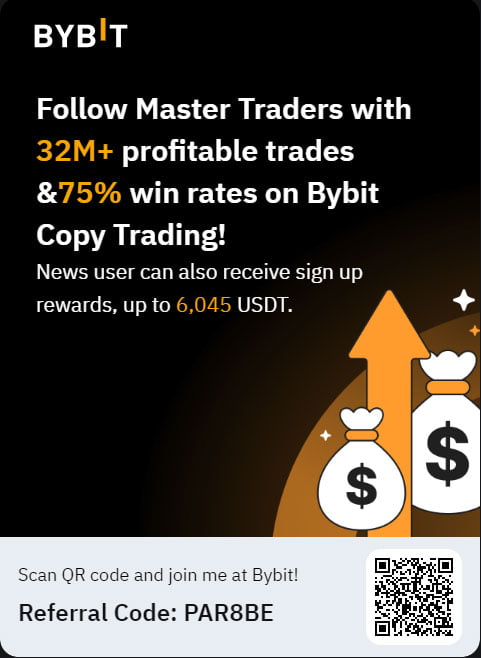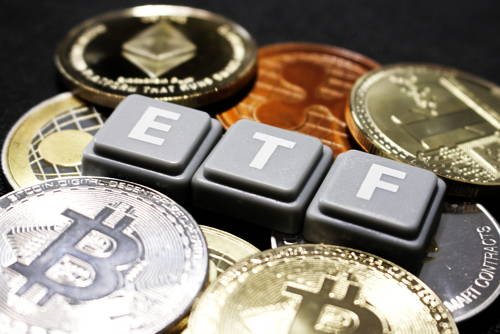Online piracy has ended up as a pressing challenge for publishers and authors. Every year authors and publishers incur $300 million in losses. As a result, they feel demotivated since 99.99% of the books published stand pirated and the majority of the piracy originates from underdeveloped and developed nations because of the low earning potential of the population. For example, if an individual buys any book online or requests for its hard copy, it could amount to roughly $10 or $15. In developed nations, it is an hourly income; whereas, in developing and underdeveloped economies, it could be a day’s earnings or at worse, 3 days of hard work.
-----Cryptonews AD----->>>Sign up for a Bybit account and claim exclusive rewards from the Bybit referral program! Plus, claim up to 6,045 USDT bonus at . https://www.bybit.com/invite?ref=PAR8BE
<<<-----Cryptonews AD-----
So you can imagine the scenario and the necessity of piracy to acquire knowledge in such economies. Having said that, what if there’s a solution that can minimize the cost by eliminating intermediaries and incentivizing authors due to the mass volume of readers. Perhaps, that’s what NFTBooks intends to do for the authors moving forward. Using the underlying principles of blockchain and NFTs, NFTBooks aspires to set up an ecosystem where knowledge flows deep and one does not have to take it as a luxury to move forward in their life and career.
What is NFTBooks?
Put simply, NFTBooks is a writing platform built on top of blockchain technology and uses NFTs to establish ownership. Unlike the normal writing platforms like Google’s blogger which controls the data, resulting in anyone copying or downloading the book for free, NFTBooks uses IPFS to connect with readers. The benefit of IPFS is independent storage with full control over your data. As a result, authors can skip paying high charges in the form of server and hosting fees while launching their books. Hence eliminating barriers to entry for new authors with limited resources.
The Origins: Reason for the Need of NFTBooks
The idea that your best creativity could end up in a dustbin because the editor of a publishing house didn’t like it makes book writing sound more like gambling. However, such shouldn’t be the case. Authors shouldn’t be at the mercy of editors and the publishing house to showcase their art. Even if they agree to these exploitations, the returns are barely enough to keep things sustainable for long. For example, a normal author gets 10% royalty on book sales, whereas, the remaining 90% stays with the publishing house. So, you can very well understand the plight of the authors and the reason why book prices are touching the sky. Having said that, NFTBooks established an ecosystem by identifying these challenges and building solutions around them. In a way, benefitting all possible stakeholders by eliminating intermediaries.
Using blockchain technology, NFTBooks provides complete anonymity to the author to cover any topic of their choice without the fear of vendetta and persecution. For example, Salman Rushdie, the author of The Midnight Children was accused of exploiting freedom of speech to malign the image of the Muslims. As a result, he was banned from entering India. The same fate fell upon other top authors like Nadine Gordimer, Judy Blume, Gustave Flaubert and many more who had been persecuted for multiple other reasons. With NFTBooks, such problems do not exist as the ecosystem allows authors to stay anonymous and contribute to the ecosystem. Along with this, it also incentivizes all segments in the following ways mentioned below that go into making any book a grand success.
Authors
They get the chance to publish their books as NFTs and get complete ownership of the book to derive income from the same.
Readers
Direct purchase from the authors eliminates intermediaries, as a result, the price comes to a highly affordable level across all geographies.
Translators
Translators get the chance to earn as well. For every translation that they do, they receive a service fee. The upside for authors here is that translators commit a certain percentage of their fees to the authors.
Book Renting
Even book renters can buy back the rights of ownership from the authors in NFTs and share the books on a rented basis with the readers. However, even for doing that, a certain percentage of earning through renting must go back to the authors despite them shelling off the ownership of the book to the buyer.
Investors
The NFTBS token will incentivize investors who buy scare releases and mint an NFT of their own to sell via their wallet when the author has become famous. So by doing so they can either sell the book to the third party at a premium price or rent it out on a fixed subscription model. Whatever be the case, yet again those investors need to share a portion of their profits with the author.
NFTBooks: Would It Be a Worthwhile Investment for the future?
NFTBS token is trading at $0.0…03212 at the time of writing across many exchanges. With a current market cap of $32,221,239, the NFBS token has a way to go for driving mainstream adoption. However, it could be a reality in the future since most publishers are indulging in greedy capitalism. They are setting-up specific pricing models to indulge in superficial profiteering. For example, the concept of renaming e-books as e-textbooks and charging 3x to 5x prices has turned rampant in the UK.
Millennials are forced into a profiteering pricing model where publishers compel readers to engage in annual licensing for as high as $800 to $1000. Having said that, readers might look for frugal ways where they can read their favorite books for a fraction of the cost they incur buying from distributors. Hence, the demand for the NFTBS token could rise considering its limited supply and it is the fuel to interact with the NFTBooks platform.

The post NFTBOOKs: Setting Up New Standards in Publishing appeared first on CryptoTicker.
NFTBOOKs: Setting Up New Standards in Publishing




